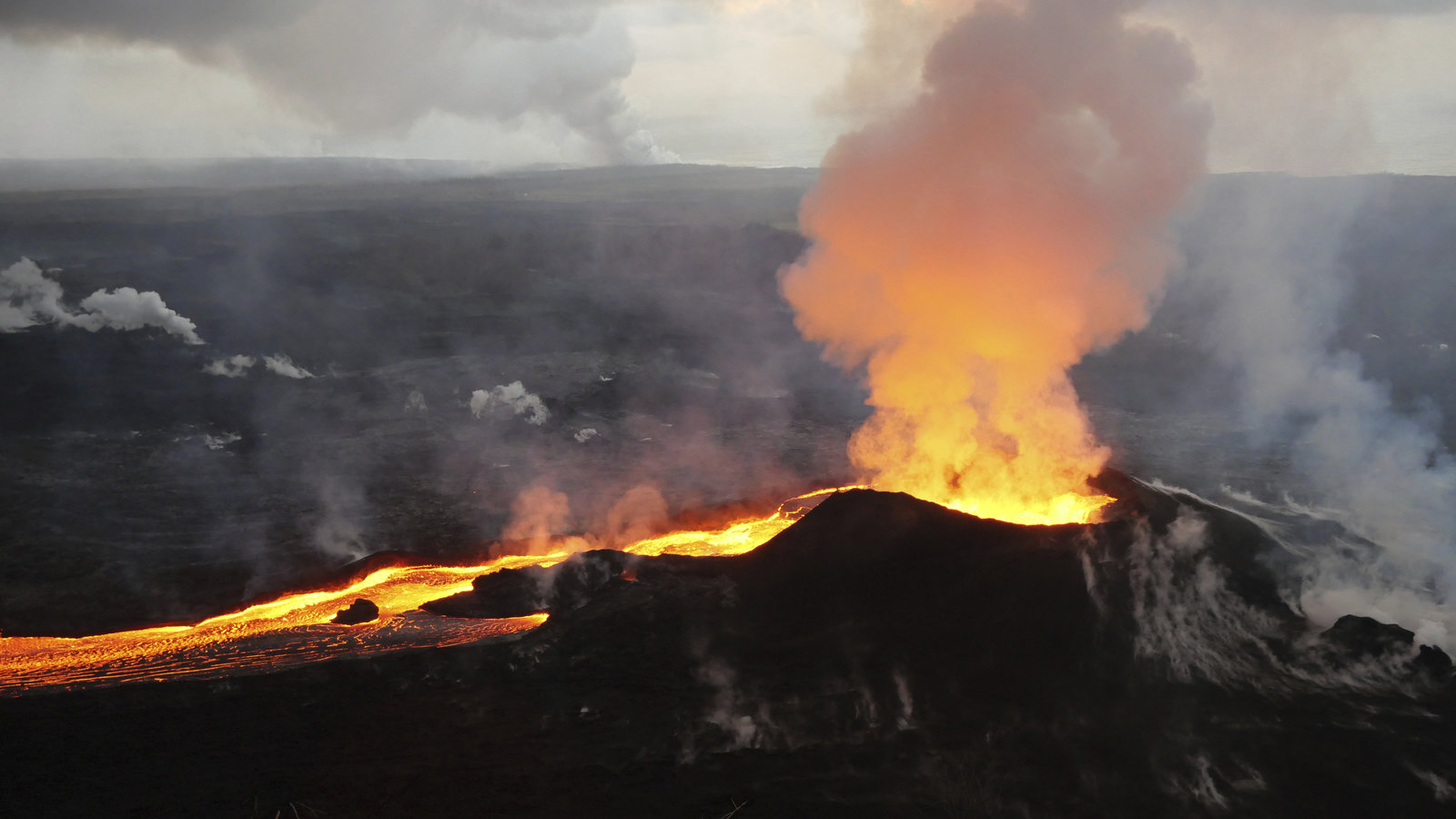 Monday, August 20, 2018 at 11:57AM
Monday, August 20, 2018 at 11:57AM South Koreans Prepare For Rare Family Reunions With Long-Lost Relatives In The North
"In August 1950, 14-year-old Ahn Seung-choon was still asleep at home early one morning when her mother woke her up, screaming that her 17-year-old brother had been taken by North Korean soldiers."
morning when her mother woke her up, screaming that her 17-year-old brother had been taken by North Korean soldiers."
"'Someone took your brother, and you are still sleeping!' Ahn recalls her mother shouting. Her mother had tried to chase the boy and his abductors, but she had babies to take care of at home and couldn't follow them for long."
"'After that day, we didn't hear anything about him,' Ahn says 68 years later in Suwon, a city south of the capital Seoul."
"The summer of 1950 marked the start of a brutal three years for Ahn, now 82, and millions of other Koreans caught up in a war that involved the U.S., China and the United Nations. The Cold War conflict left more than 3 million Koreans dead, wounded or missing."
"Amid fighting, Ahn and her family fled their village near Pyeongchang; she was wounded in a bombing as she and her mother and siblings crossed a mountain pass."


















